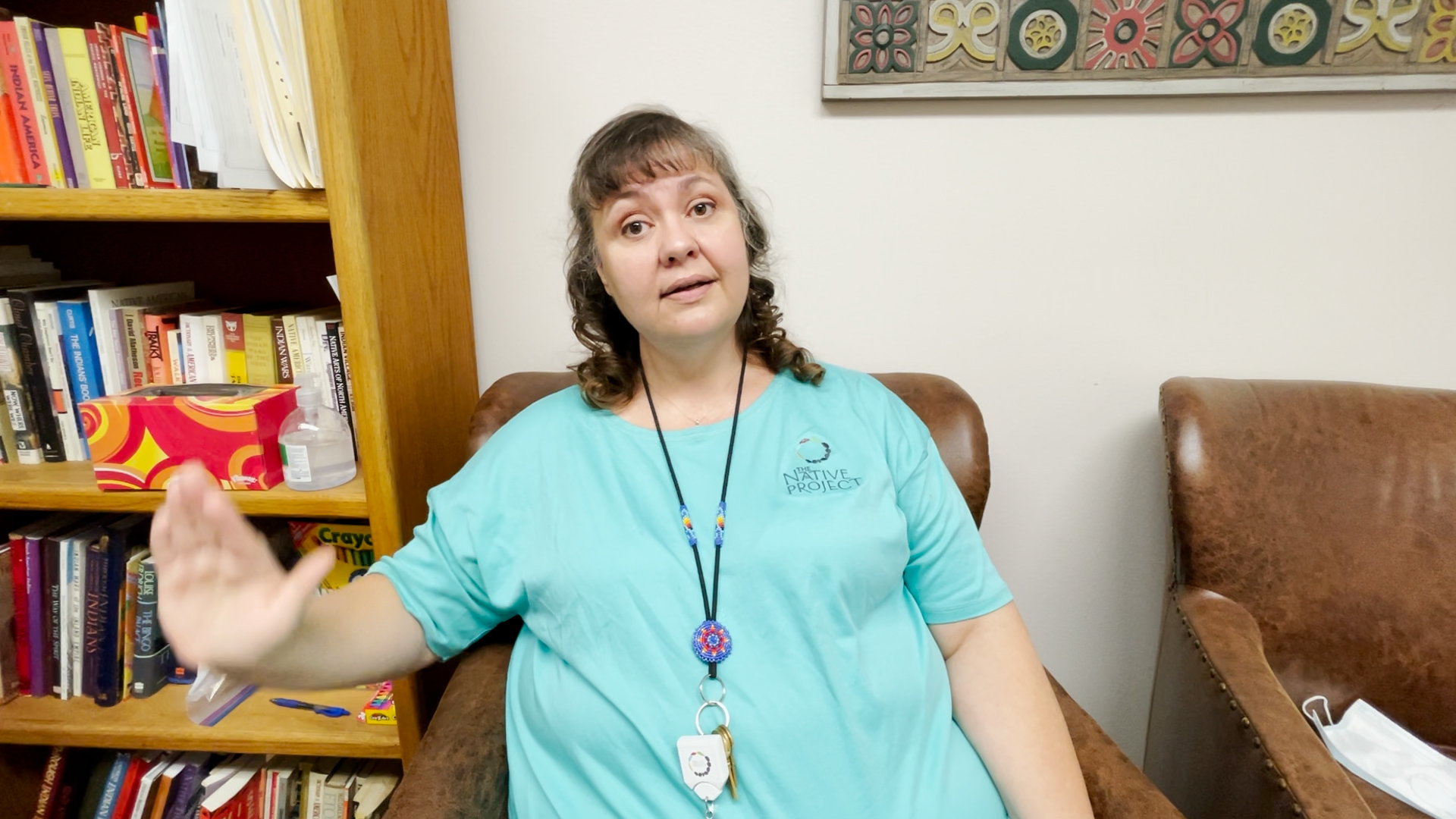Deanna S Helping Kids Deal with Depression
Can you talk to me more about what your process is when working with kids, when they come to you, and they say that they’re depressed. So what we talk about is what’s going on in their life that kept causing them the depression. And if it’s something that is like a family situation, we can look at how to resolve that or work with their parents. But a lot of times, like I said, there are things that are out of their control, but they can’t change for themselves. But we talk about how can I choose how I react to the situation?
I can choose what I do, and that determines we talk about healthy relationships. We talk about coping skills, things that you can do to help you manage your symptoms, such as a stress ball or deep breathing or journaling. And a really good technique is a cognitive behavior therapy technique, which is really easy. It sounds big, but it’s really easy. It talks about how I think affects how I feel and what my actions are.
So we talk about changing that. So let’s say, for example, that you see a group of your friends and you wave at one of them and they don’t wave at you and you’re like, oh, what did I do? They don’t like me. What’s going on? So you start thinking, oh, they don’t like me, and that makes you feel bad.
And maybe you avoid them and you don’t see them, like, or maybe you stay away from that group of friends until you isolate. And then that makes you feel like you don’t have any friends or they don’t like you. And so then you feel bad, and then you isolate, which is a cycle. So we talk about disrupting that cycle, maybe giving that friend the benefit of the doubt, like, oh, I waited. Maybe they didn’t see me, and then maybe taking the step to go and personally talk to them.
Or maybe you give them the benefit of the doubt. And then you say, oh, you know, they probably didn’t see me. So then the feelings of depression or loneliness or isolation or fear, they don’t attach to you. So then you don’t act in a way that would isolate you more from them. So it’s just disrupting those feelings.
And a lot of times we were, like, minor reading what other people are thinking or we are personalizing. It like this is happening because of who I am. If it wasn’t me, this would never happen or we could be taste making things bigger than what they are instead of actually just seeing what it is. So these are some errors in thinking. And I work with kids to kind of recognize these errors and challenge them so that they have a chance to move through that incident without letting it paralyze them or increasing their depression symptoms.



